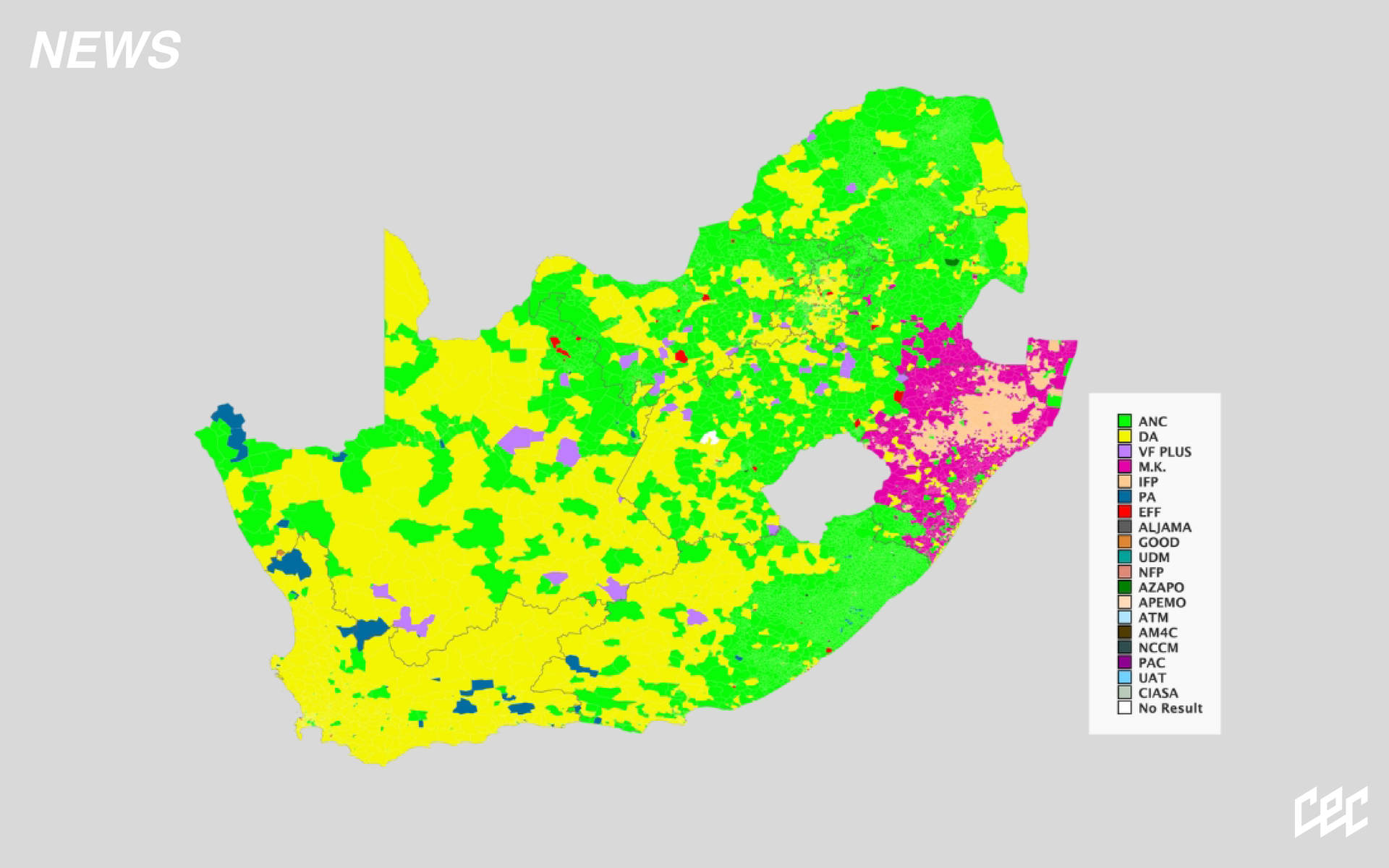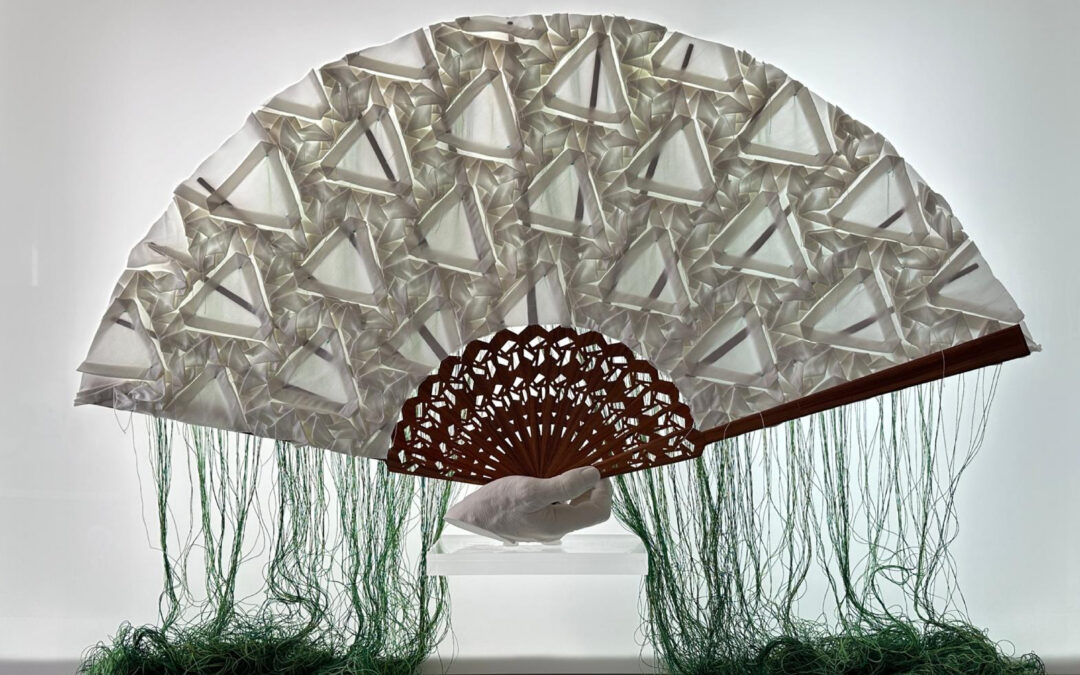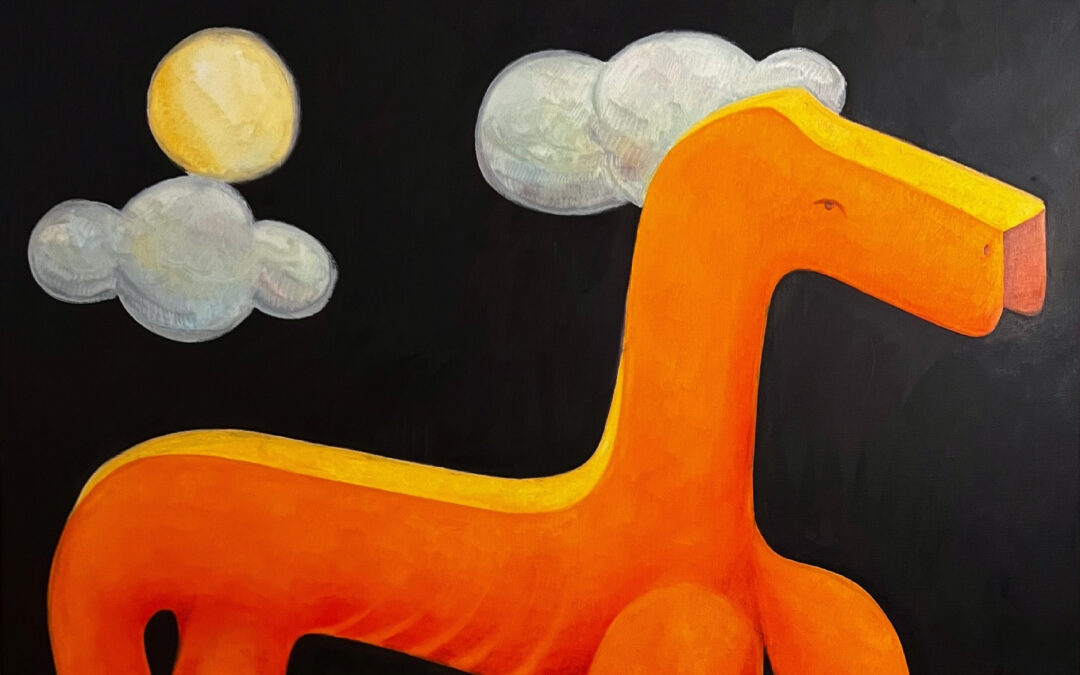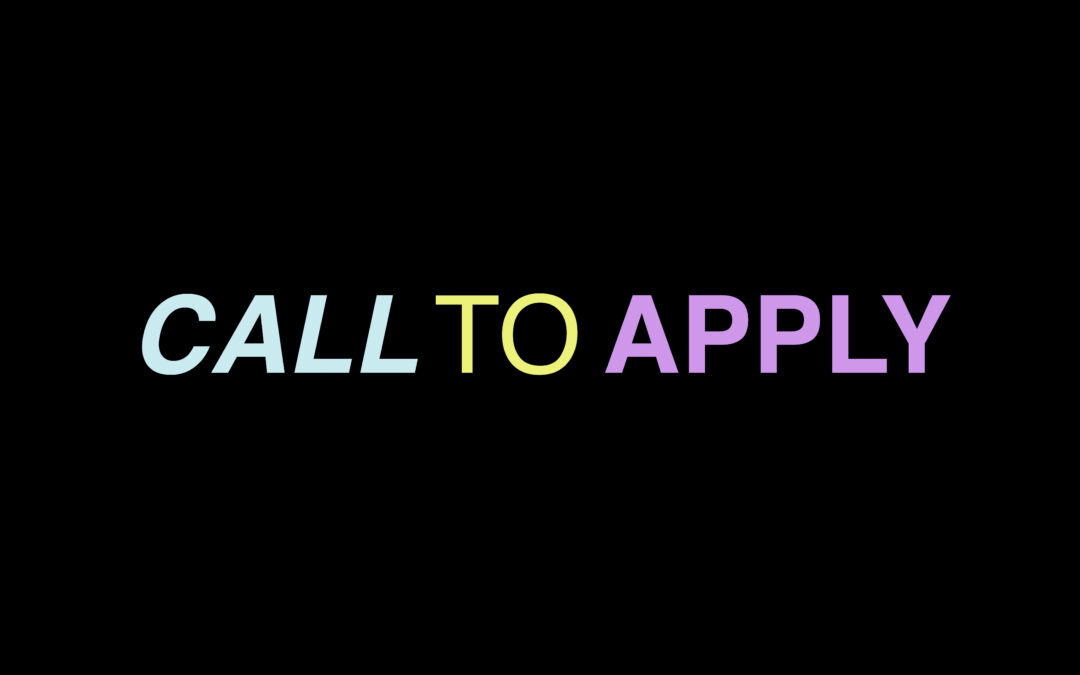South Africa is respected around the world for our thirty years of democratic governance; with a plurality of parties available to choose from and a continued record of free and fair elections, our fifth democratic election in 2024 has already catapulted us into an entirely new political landscape.
The results are in – for the first time in South Africa’s democratic history, the ANC have been unseated as the majority leader of our country. With a voter turnout of 58.57%, the lowest since 1994, only 16 million of the 26 million registered voters made it to the ballot box, according to Civil Society group, Ground Work Collective. With both regional and national representation in our National Assembly being confirmed by the IEC, the ANC have dropped from 230 seats in parliament, to 159. The DA gained three more seats, from 84 to 87. The EFF went from 44 seats to 39 seats, while the new uMkhonto we Sizwe Party, spearheaded by ex-President Jacob Zuma, emerged to sweep KZN with 44.91% of the vote, securing them a total of 58 seats at the National Assembly. This being said, the ANC are still the majority leaders in most provinces (aside from DA in the Western Cape and MK in Kwa-Zulu Natal).
With the ANC no longer in the majority, our government will have to be composed of a number of varying parties, as reflected by the diverse amount of votes cast among South Africans at the ballots. We no longer have a party as a majority leader, which is how our government has functioned until now, so it seems the two options available ahead are a coalition government or a government of national unity. A coalition is when two or more parties agree to work together, sharing ministerial positions and policy-making. Coalition negotiations will see the parties involved divide up South Africa’s executive branch, led by the president and his ministers, and the legislative branch which consists of the National Assembly and the National Council of Provinces, responsible for making laws, overseeing the executive branch, and representing the people’s interests at the national level.
Alternatively, a national unity government involves representatives from multiple political parties coming together to govern in the interest of national unity and stability. Unlike a coalition government, where parties maintain their distinct identities, a national unity government often involves parties setting aside their differences and working together towards common goals, transcending party ideologies.
In young democracies, coalition and national unity governments arise due to fragmented political landscapes. Though a new frontier for us, these forms of governance can serve as checks on power, critical for our storied corruption issues, and encourage democratic maturity through compromise and negotiation, with a view to inform long-term democratic stability and legitimacy. With negotiations taking place with imminence – the parties have two weeks in which to make these decisions, before announcing South Africa’s new government for the next five years.
For the full IEC Election Results, head HERE
For more news, visit the Connect Everything Collective homepage www.ceconline.co.za














